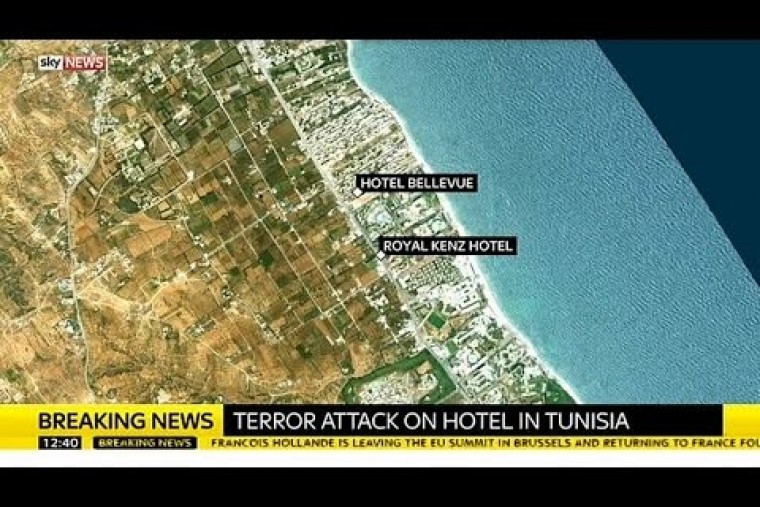Revising earlier reports that two attackers were involved, authorities are now saying only one man was responsible for killing dozens of tourists and wounding dozens more at a Tunisian beach resort. Reportedly armed with a Kalashnikov initially concealed with an umbrella, it took an after-the-fact armed security team response to stop the killer from adding to his unarmed victim count . . .
This is the second attack on tourists in Tunisia this year. In March, an attack at the National Museumkilled at least 22 people, all but one of them tourists, showing that those interested in committing politically-motivated murders have discovered a new vulnerability to the Tunisian economy — one that exploits a government-imposed handicap on the populace.
That’s because, per GunPolicy.org, “The regulation of guns in Tunisia is categorized as restrictive.”
While decidedly anti-gun, this project of the Sydney School of Public Health nonetheless, provides a valuable resource of gun laws around the globe. And those in Tunisia read in places like a Bloomberg wish list.
That starts with the fact that a right to gun ownership is not guaranteed, and those who wish to legally possess one must prove a “genuine reason” before obtaining a license. Naturally, “background checks” are required. And naturally, guns must be registered.
Not that mass murderers worry about any of that…
Still, Tunisia’s laws seem pretty comparable to — if not “better” than — those of nations many of the murdered tourists came from. Provided you can jump through all their hoops, the country does issue concealed carry permits. That’s something the five slain Japanese nationals could not have claimed. At issue is how many Tunisians are inclined to jump through those hoops.
Again, Per GunPolicy.org, as far as world rankings go, “In a comparison of the rate of private gun ownership in 178 countries, Tunisia ranked at No. 178.”
Mull that over for a minute.
The way things are, there’s not much more hotel management can do besides offer condolences over their dead and wounded guests, stay in touch with authorities and report any findings to the public.
As for those authorities, Tunisian security official Rafik Chelli came up with the obligatory, impotent excuse-making.
“He said authorities had a plan to protect the hotels during the month of Ramadan but this was an isolated operation that is difficult to counter against and there is never zero risk,” the AP report related.
Don’t expect those risks in foreign lands to be mitigated any time soon. Instead, expect domestic enemies to continue their subversive campaign to bring U.S. gun laws more into line with the way the rest of the world does things.
Also see: RF’s Thursday report on the attack in Tunisia as well as France and Kuwait.



